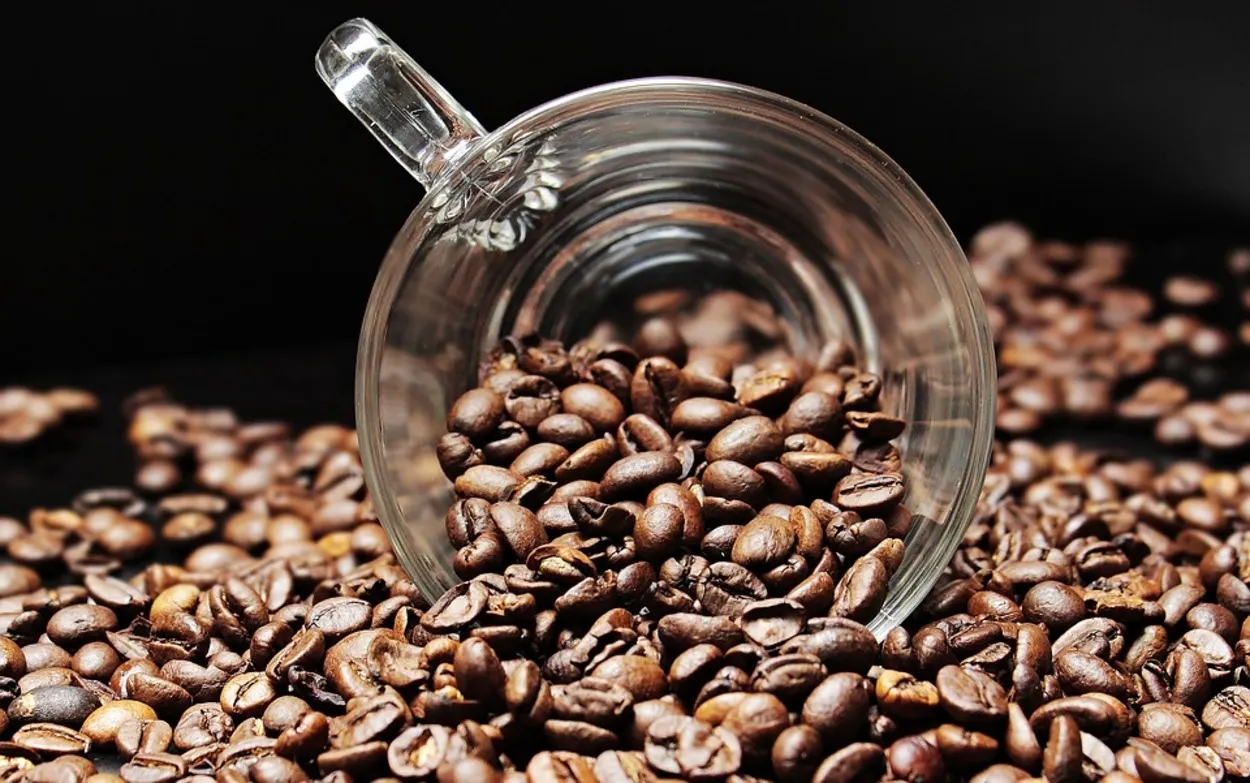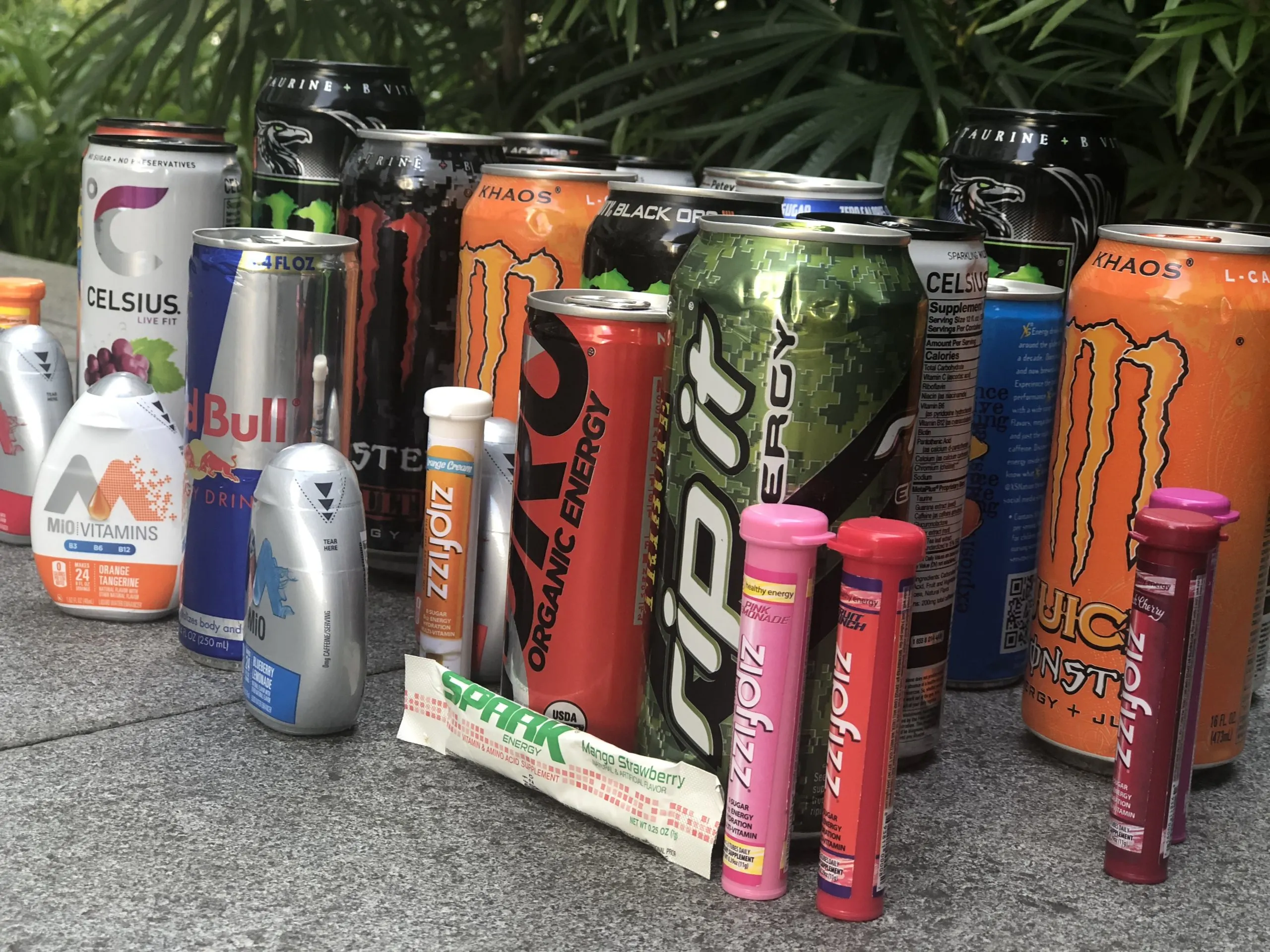Throughout the world, millions of people rely on coffee as their primary source of energy. Coffee’s appetizing effects on the body and mind are well-known even to those who do not drink it regularly.
As well as providing your body with health benefits and better physical endurance, coffee has an energy-boosting effect. It depends on how well your body absorbs caffeine for it to have a lasting energizing effect.
If you have ever wondered when drinks give you the greatest boost, you’re not alone.
In a nutshell: Within 15 minutes after consuming caffeine, you’ll feel the kick. After having a coffee or an energy drink, the peak level can occur between 15 minutes and 2 hours, based on each individual’s tolerance.
Below are some sections that will help you better understand the factor. Keep reading to learn more!
Contents
Does Coffee Have Immediate Effects?
A placebo effect can cause your body to respond to coffee instantly. It can take up to 45 minutes for the energy surge to be felt.
After drinking coffee, you experience an immediate rush. Your alertness and energy are boosted. Approximately 10-15 minutes after drinking caffeine, it penetrates your body better and provides a strong energy boost.
After about 15 to 30 minutes, adenosine receptors start to work in your system, making you feel better.
Too much coffee in one sitting, however, can cause caffeine overdose, leading to withdrawal symptoms.
Here are some of them:
- Headache
- Nausea
- Vomiting
- Insomnia
- Caffeine allergy
- Anxiety
- Irregular heart pace
Be careful not to overdo the drink for the instant effect. Whether you consume a lot or a little, consuming more than the recommended amount can have undesirable results.
According to the US Food and Drug Administration, caffeine intake should not exceed 400mg per day. Personally, I’d suggest keeping an eye on the number of cups of coffee you drink each day.
Does Caffeine Absorb Fast or Slow?
Caffeine is absorbed into the bloodstream within about 45 minutes after consuming coffee.
As soon as you consume caffeine, you will start to notice an effect within 15 minutes. Depending on the person’s metabolism, caffeine generally peaks between 15 minutes and 2 hours after consumption.
There are many factors that may contribute to the time it takes for caffeine to enter the body. Caffeine takes longer to be metabolized by people with low tolerance and this is why the effects last for a longer period of time.
In general, people who smoke tend to metabolize caffeine more quickly, while pregnant women have a more difficult time doing so.
The rate at which caffeine is absorbed may vary from individual to individual since it is absorbed by the digestive system.
Is Coffee More Potent On An Empty Stomach?
Although you can drink coffee with an empty stomach, we don’t recommend it as it could cause digestive issues.

Digestive and intestinal functions differ from person to person. Some studies have shown that coffee may cause inflammation in your stomach and stimulate the production of stomach acid.
It may also worsen gut symptoms and cause heartburn in many individuals.
You may also experience symptoms from your coffee, such as :
- Ulcers
- Indigestion
- Irritable Bowel Syndrome (IBS)
- Nausea
An empty stomach can exacerbate the symptoms as there’s nothing to prevent the acid from damaging your digestive system. However, this doesn’t have strong supporting evidence.
Some people cannot tolerate coffee, so they exhibit much more of the symptoms of Gastroesophageal Reflux Disease (GERD) than others. Consuming coffee on an empty stomach may cause digestive issues, so consider adjusting your caffeine intake.
Furthermore, coffee doesn’t provide enough nutrition to fill your empty belly. The body’s reaction to consuming the beverage is important, and it’s a good idea to consume any food before drinking the beverage.
Does Caffeine’s Effect Last Long?
Generally, you’ll be able to feel the effects of it for around 6-12 hours. Nonetheless, it could take up to 12 hours or longer for it to fully leave your system.
You must have a good metabolism in order for caffeine to be effective.
With time, though, caffeine’s stimulatory effect diminishes. This means that after 5 -6 hours you will no longer benefit from coffee’s stimulating effects.
A hypersensitive person takes longer to metabolize caffeine than a non-hypersensitive one. Consequently, they may experience the effects of caffeine for more time.
It will also depend on the coffee variety that you drink on how long you’ll feel the effects of caffeine. Higher caffeine content coffee varieties provide long-lasting effects.
Have a look at these popular coffee varieties to see how much caffeine they contain:
| Coffee Type | Serving Size | Caffeine Content (on average) |
| Drip Coffee | 8 ounce | 70-140mg |
| Mocha | 8-12 ounce | 80-152mg |
| Americano | 8 ounce | 80-120mg |
| Cold Brew | 8 ounce | 150-200mg |
| Latte | 8-12 ounce | 63-126mg |
| Red Eye | 8 ounce | 160mg |
Different types of coffee have different caffeine contents.
Therefore, the duration of caffeine’s effect depends on how much caffeine is present in the kind of coffee consumed.
Regularly consuming caffeine will cause you to develop a tolerance. Caffeine may speed up metabolism leading to an apparent quick effect and a desire for more.
Is Caffeine able to keep you awake for a long time?
Your ability to stay awake will be affected by how much caffeine there is in the coffee.
There is a natural time lag as to how long it takes your body to eliminate half the caffeine effect, and the other half may remain in your body for weeks depending on your metabolism.

Caffeine reduces the magnitude of total sleep time and disrupts your sleeping patterns by keeping you awake.
You can keep the boosting effect of your cup of coffee until at least 4 to 5 a.m. if you drink it at midnight.
It’s best to keep intake between 50mg and 200mg.
In reality, more caffeine isn’t needed, as this amount is sufficient.
Aside from coffee, caffeinated beverages include chocolate, ice cream, and candies. Avoid unnecessary headaches by cutting down on junk food consumption.
The video explains how does caffeine keeps us awake. Take a look below.
Caffeine: If It Works, How Do You Know?
The caffeine is working when you feel the uplifting effect within 10 to 15 minutes of drinking it.
It takes about 45 minutes for your caffeine concentration to reach its peak, so there is a noticeable buzz for the next 1 to 2 hours.
The central nervous system is stimulated by caffeine. Its effect on the brain is primarily alertness. It takes 15 minutes to notice the immediate increase in alertness and you’ll begin to feel more awake during this period.
The effect of caffeine is to increase metabolic activity in the brain and decrease cerebral blood flow. As a result, relative hypoperfusion occurs, activating the noradrenaline neurons.
With this effect, you’ll start to become more focused, and you’ll begin to feel its benefits.
As a result, caffeine is widely used in headache medications and supplements to treat fatigue, fatigue-related issues, and migraines.
Is Caffeine Easy To Flush Out?
The caffeine in your body cannot be flushed out by itself. It isn’t much you can do on your own to flush it out.
Within 45 minutes of consuming caffeine, its effects are apparent. You may retain caffeine in your system for six to twelve hours, depending on how much you consume.
Some people with fast metabolisms flush their caffeine out of their systems faster than others. In general, caffeine leaves your system after approximately 10 hours.
In spite of the lack of a probable quick fix for flushing the stimulant, some activities can help alleviate withdrawal symptoms:
- Drink plenty of water
- Clean your system by drinking healthy fluids
- Walk for a moderate amount of time
- Relax and meditate to relieve stress
- Sleep for a while
- Consume fiber-rich foods such as vegetables, whole grains, green leaves, lentils, etc.
How Long Does Caffeine Last?
The effects of coffee tend to fade after caffeine’s half-life or five to six hours.
In contrast, if you have consumed high caffeine doses in coffee or energy drinks such as Redline Xtreme Energy or Taft Coffee, this may take considerably longer for the caffeine to escape your system.
Depending on these factors, the answer will be relative:
- Doses of caffeine ingested
- Type of product
- Body’s metabolism
- Part of the day
The first 30 to 45 minutes and hours afterward will likely give you the strongest energy level. Whether something is an energy drink or coffee, the product gradually loses its effectiveness as the caffeine gradually wears off.
People with sensitive personalities tend to hold stimulants for longer periods of time. In addition, consuming caffeine before bed makes the jolt more intense since you are not actively exercising during that time and therefore are not burning calories.
Do You Know How Caffeine Affects Your Body’s Clock?
In fact, caffeine’s primary impact on your body clock is that it keeps you awake for longer periods of time, causing you to sleep less.

It is true that caffeine can promote alertness for a long time, depending on the amount consumed.
You can expect your body to retain caffeine for 9 to 12 hours after taking a large dose. You should also consider the fact that caffeine has a half-life of about five hours, which is a considerable duration.
You can’t easily wash away the effects after drinking the drink, even if you get a boost instantly.
A study examining caffeine’s effects on the human circadian clock in vivo and in vitro describes how caffeine delays the body’s normal timing. Researchers have found that caffeine can interfere with human clocks in cells.
Researchers from the Journal of Clinical Sleep Medicine concluded that caffeine consumption within 6 hours of going to bed may have an adverse effect on sleep and reduce the amount of sleep.
As a result, your body craves a healthy amount of rest at unpredictable times. Your nervous system may be eager for the next caffeine dose due to the lack of sleep and rest.
Alternatives
Conclusion
After 15 minutes, the effects of caffeine are evident. Caffeine is responsible for this instant rush of energy.
Depending on how your body metabolizes caffeine, the timespan and the blood peak hour may differ. If you’re in a hurry for an instant boost, high-dose caffeine can provide the boost you’re looking for.
Keeping in mind, however, that the stimulant is associated with undesirable effects, don’t overdo the consumption. Make sure you consume no more than 50-100mg of caffeine per day.
Related Articles
